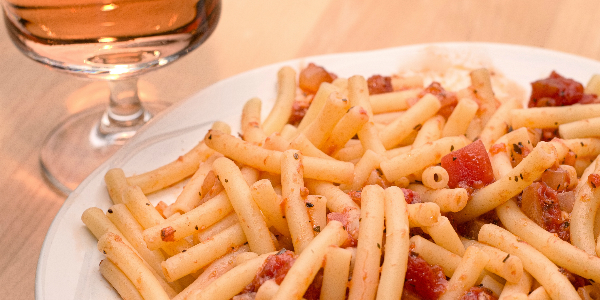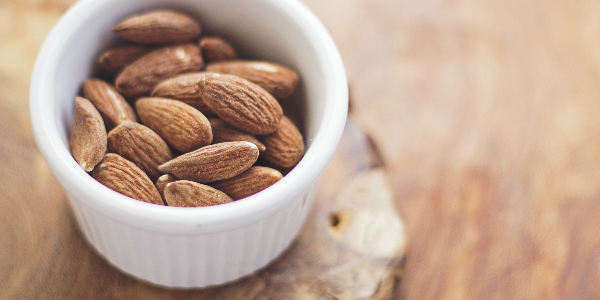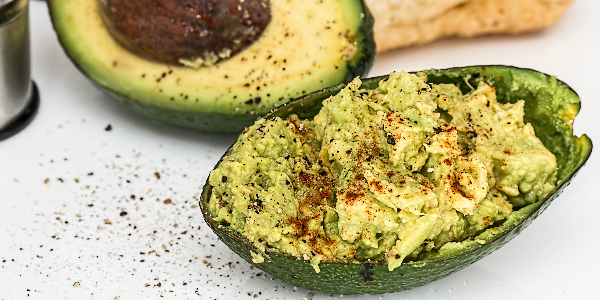For many of us, keeping our energy up throughout a busy day at work is pretty challenging… And then some of us continue the evening looking after children or going out to meet friends! It’s no wonder that we need coffee, tea and chocolate to keep us going!
So how do we create stable energy levels in order to do all the things we want to?
The key is understanding how to balance your blood sugar levels and the role stress plays. If we can take control of these two things – we’ll be well on our way to transforming our body’s energy system.

When we eat a common ‘Western’ diet, heavy in carbohydrates than any other food group, then we are opening ourselves up to high levels of glucose, or sugar in our blood stream. That’s because when we eat carbs, our body breaks them down into sugars which gets absorbed into our blood via our gut.
Insulin– a hormone created in our pancreas- is released and ‘accesses’ the sugar so the body can use it for energy. When we are eating lots of carbs we require lots of insulin. But after this energy is used, insulin levels drop very low and leave you feeling weak, shaky, tired, forgetful, anxious and irritable and that’s when we reach for a quick fix.
The more our body relies on insulin to give us this quick burst of energy, the less effective insulin becomes until eventually it doesn’t ‘access’ the fuel very well, leaving us feeling even more tire and sluggish.
Eating too much refined or simple carbohydrates can also lead to high LDL cholesterol, metabolic syndrome, diabetes and obesity, all which have an inflammatory aspect to the disease process. Processing carbs requires insulin too which causes more inflammation in the body.
In addition, when we are stressed, our body releases another hormone – cortisol that releases stores of fat to be broken down into glucose to be used as fuel. This is because our body thinks that we will need this extra energy to deal with whatever is stressing us out.
When the stress passes cortisol can remain high as the body thinks it needs refuelling so it increases our appetite making us eat more. That’s why many of us eat when we feel stressed!
Double trouble!

On top of all that, if we eat too much carbs and don’t do enough exercise – that leftover fuel is converted and stored as fat! And thats how we put on the pounds. When our metabolism becomes sluggish and slow – it gets harder to access this stored fat and shift it without doing some chunky high-effort work through nutrition and exercise. Plus some of us tend to energetically or emotionally “hold on” to this excess fat due to it providing comfort to our parts, or maybe its linked to a pattern(s) or trauma.
So what can we do? Well, it’s simple, really, but takes will power, preparation, determination and discipline… Switch to a different fuel. In doing this – we “re-train” our metabolism to optimise the way it processes and distributes fuel, shedding the excess stored fat in the meantime.
Protein and healthy fats (monounstaturated, polyunstarated and some saturated fats)– these are slow releasing, slow burning energy that sustains us over long periods of time. Our energy levels don’t yo-yo up and down, they stay more stable and keep us going throughout the day, especially when eaten in ample amounts at every meal.
And actually, we can teach our body to adapt to burning fat efficiently rather than carbs so we can access it quickly and so we feel just as full after protein and fat rich meals.
Protein is needed:
- to build and repair cells.
- to make enzymes which lead to important chemical reactions in the body like digestion.
- to create hormones which help regulate our metabolism and send important messages to parts of our body.
- to create other body chemicals that power the body and modulate important processes.
- as building block of bones, muscles, cartilage, skin, and blood.
Foods high in protein: fish (salmon, tuna, talapia, anchovies, octopus), turkey, chicken (in serious chronic inflammatory disease – chicken, turkey and eggs may be avoided altogether as it requires more energy to digest); vegetable protein such as peas, spinach, kale, broccoli, sprouts, mushrooms, artichokes, brussel sprouts, asparagus, seaweed, lentils, onions, chives, cauliflower and collard greens, beans (especially Navy), nuts (cashews, almonds, pistachios, peanuts, walnuts), nut butters and oils, tofu, pulses, quinoa, cacao, maca, broccoli, jack fruit, seeds (chia, pumpkin, sunflower, flax, sesame, hulled hemp), edamame and green peas.

Fats are important for emotional and mental health, with low levels in the diet being associated with anxiety, depression, dry skin, poor body temperature regulation, mental fatigue, loss of menstrual cycle, hyperactivity and schizophrenia. Fats are also needed for the functioning of the brain.
These healthy fats which are monounsaturated and polyunsaturated fats (see also my article on these fats – “The truth about vegetable oil” ) are good at lowering “bad” or unhelpful cholesterol as they are rich in “good” or helpful cholesterol, so keeping arteries healthy and unclogged as well as supporting heart health. Polyunsaturated fats which contain the omega 3, 6 and 9s are important for a whole range of other functions including supporting the immune system and hormone health. It’s important to get a right balance of this rather than too much of one (the fish oils, flax, borage, evening primrose, black seed and algae oils are all high omega oils – article soon to be published on this).
Foods high in healthy fats: organic, full fat Ghee, coconut oil, milk, flesh & butter, avocados and oils, olives and oils, nuts (walnuts, almonds, pistachios), nut butters and oils, walnuts and oils, Sunflower, seeds and oils (sesame, pumpkin, hemp, sunflower, chia, ground flax), Oily fish – salmon, tuna, mackerel, herring, trout, sardines and fish oils, eggs, borage, evening primrose, blackseed, algae and hemp oils.

What else?
Increasing antioxidants and B vitamins in your diet help to counter the negative effects of ‘free radicals’ and modulate your metabolism, therefore improving mood and mental capacity, respectively. This will help your body to function optimally meaning you really can achieve all those things you want to. Antioxidants are also important for detoxification of the liver especially. B vitamins are important for hormone health, and detoxing too.
Read more about this and antioxidant sources in my article “Anti-oxidants combat damage from modern living and natural internal processes”
More on an anti-inflammatory diet in my article “What is an anti-inflammatory diet and why should you eat one?”.
Getting your body’s energy system just right physically often taken a mindset shift, will power, determination and a little hard work, but it totally achievable in around 6 weeks. Once you’ve set your metabolism there for a good 6 months and sustain the good work – you’ll have this metabolism for life – as long as you stick to the balanced diet and lifestyle. Enjoy!




